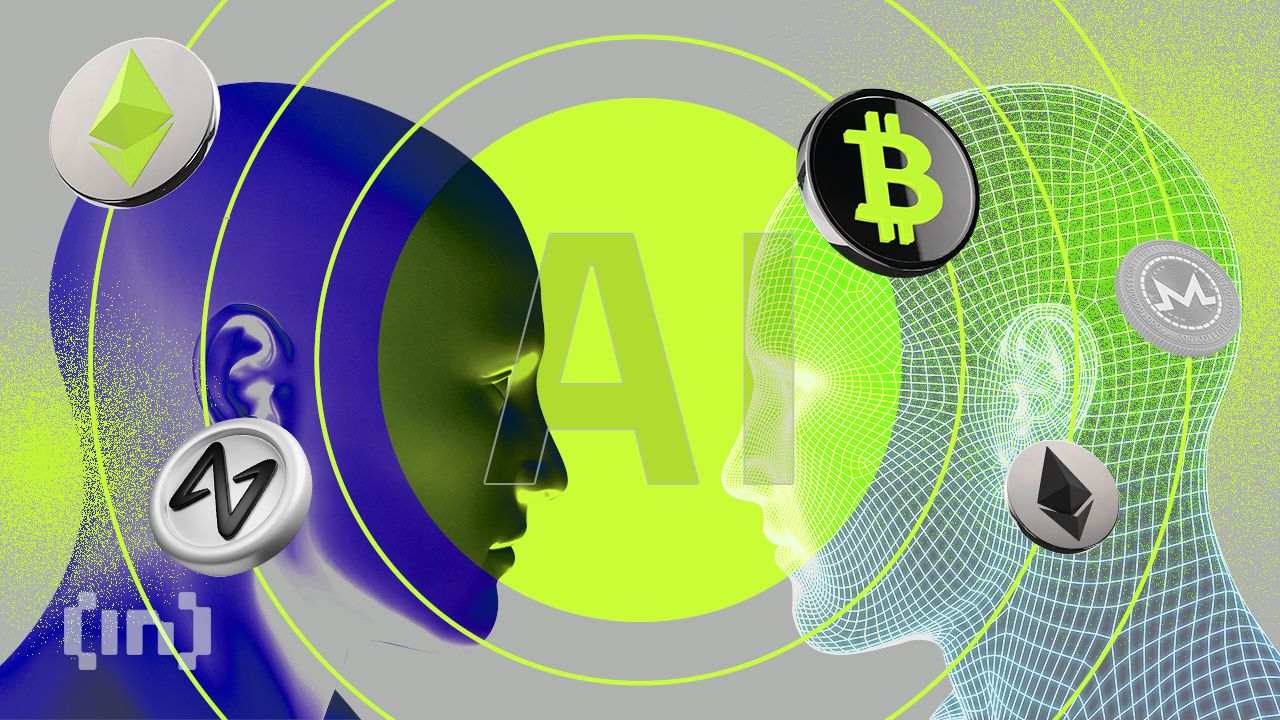User Tag List
Results 1 to 1 of 1
-
01-30-2025 #1Moderator


- Reputation
- 1
- Join Date
- Jul 2024
- Posts
- 2,678
- Thanks G/R
- 1/0
- Trade Feedback
- 0 (0%)
- Mentioned
- 0 Post(s)
- Tagged
- 0 Thread(s)
How AI is Revolutionizing Crypto Game Economies: Balancing Play-to-Earn Models
How AI is Revolutionizing Crypto Game Economies: Balancing Play-to-Earn Models

Introduction
The gaming industry has undergone a radical transformation with the advent of blockchain technology, leading to the rise of play-to-earn (P2E) models. These models empower players by offering financial incentives through in-game economies, NFTs, and cryptocurrencies. However, sustaining these economies remains a significant challenge, with inflation, imbalance, and exploitation threatening their longevity. Enter artificial intelligence (AI), a powerful force reshaping crypto gaming by introducing dynamic economic models, anti-cheat mechanisms, and adaptive player experiences.
The Challenges of Play-to-Earn Models
While P2E models have revolutionized the gaming space, they are not without flaws. Some key challenges include:
- Inflation and Token Devaluation: An oversupply of in-game tokens often leads to a collapse in value, discouraging new entrants and long-term engagement.
- Player Retention Issues: Many users treat P2E games as short-term financial opportunities rather than long-term entertainment experiences.
- Exploitation and Bots: Automated scripts and bots can manipulate game economies, leading to unfair advantages and economic instability.
- Sustainability of Rewards: Many P2E games struggle to maintain a balance between rewarding players and ensuring the financial health of the game’s ecosystem.
AI provides viable solutions to these issues by offering intelligent economic adjustments, fraud detection, and engagement-enhancing mechanics.
AI’s Role in Balancing Crypto Game Economies
AI is proving to be a game-changer in managing and stabilizing P2E economies. Here are several ways AI contributes to sustainable and engaging crypto gaming environments:
1. Dynamic Economic Models
AI-powered algorithms can analyze in-game transactions, player behavior, and market trends to adjust economic parameters dynamically. These adjustments help prevent hyperinflation, optimize token distribution, and ensure fair earning opportunities for all players. AI can:
- Introduce dynamic token minting and burning mechanisms to control supply and demand.
- Adjust in-game earning rates based on player engagement and economic conditions.
- Predict and prevent market crashes by analyzing historical data and player trends.
2. AI-Driven Anti-Cheat and Fraud Detection
One of the major threats to P2E economies is the use of bots and exploitative strategies that manipulate in-game rewards. AI-based anti-cheat systems can:
- Detect abnormal player behaviors that indicate automation or fraudulent activities.
- Utilize machine learning algorithms to identify and ban cheating patterns.
- Implement real-time monitoring and adaptive security measures to keep the game fair.
3. Personalized Gaming Experiences
AI enhances player engagement by tailoring in-game experiences to individual preferences. Adaptive AI can:
- Adjust difficulty levels dynamically based on player skill and experience.
- Recommend missions, rewards, and strategies that suit a player’s gaming style.
- Enhance NPC (Non-Playable Character) interactions using natural language processing (NLP) to create immersive experiences.
4. AI-Powered Smart Contracts and Governance
Smart contracts are fundamental to blockchain gaming, and AI can improve their efficiency and adaptability. AI-integrated smart contracts can:
- Automate fair and transparent distribution of rewards based on game analytics.
- Implement autonomous governance models, enabling decentralized decision-making without human intervention.
- Prevent vulnerabilities by continuously analyzing and updating security protocols.
5. Predictive Analytics for Game Developers
Game developers can leverage AI-driven predictive analytics to fine-tune game mechanics and economy sustainability. AI can:
- Analyze player behavior to predict future trends and preferences.
- Identify economic bottlenecks and suggest proactive solutions.
- Optimize reward structures to balance retention and profitability.
Case Studies: AI in Crypto Gaming
Several blockchain gaming projects have already begun integrating AI to enhance their ecosystems:
- Axie Infinity: AI-driven fraud detection mechanisms are helping reduce bot exploitation and maintain fair gameplay.
- Decentraland: AI-powered virtual assistants enhance user experiences by offering interactive engagement.
- Illuvium: AI is used for dynamic game balancing, adjusting tokenomics based on real-time player activity.
The Future of AI in Crypto Game Economies
As AI continues to evolve, its impact on P2E gaming will only grow. Future advancements may include:
- AI-driven DAOs (Decentralized Autonomous Organizations) that enable automated governance and economic balancing.
- Deep learning models that refine user engagement and retention strategies.
- AI-based NFT valuation models that determine fair pricing based on historical data and market trends.
Conclusion
AI is revolutionizing crypto game economies by addressing fundamental challenges in play-to-earn models. From dynamic economic adjustments and fraud detection to personalized experiences and predictive analytics, AI is shaping the future of blockchain gaming. By leveraging AI-driven solutions, P2E games can achieve sustainability, fairness, and long-term engagement, ensuring a more rewarding experience for both players and developers alike.
Similar Threads
-
Personalized Gaming: How AI is Changing the Crypto Casino Landscape
By Seithtanveer in forum CasinoReplies: 0Last Post: 01-29-2025, 05:20 AM -
How AI is Revolutionizing User Experience in Crypto Casinos
By Seithtanveer in forum CasinoReplies: 0Last Post: 01-29-2025, 04:43 AM -
The Intersection of AI, NFTs, and Crypto Gaming: What You Need to Know
By Seithtanveer in forum CasinoReplies: 0Last Post: 01-28-2025, 07:30 AM -
How AI is Transforming Crypto Games: The Must-Have Features in 2025
By Seithtanveer in forum CasinoReplies: 0Last Post: 01-24-2025, 03:28 AM -
The Future of Sports Betting: How AI is Revolutionizing the Game
By Adilmurad in forum gamblingReplies: 0Last Post: 08-08-2024, 01:17 AM















 Reply With Quote
Reply With Quote







